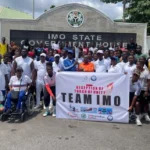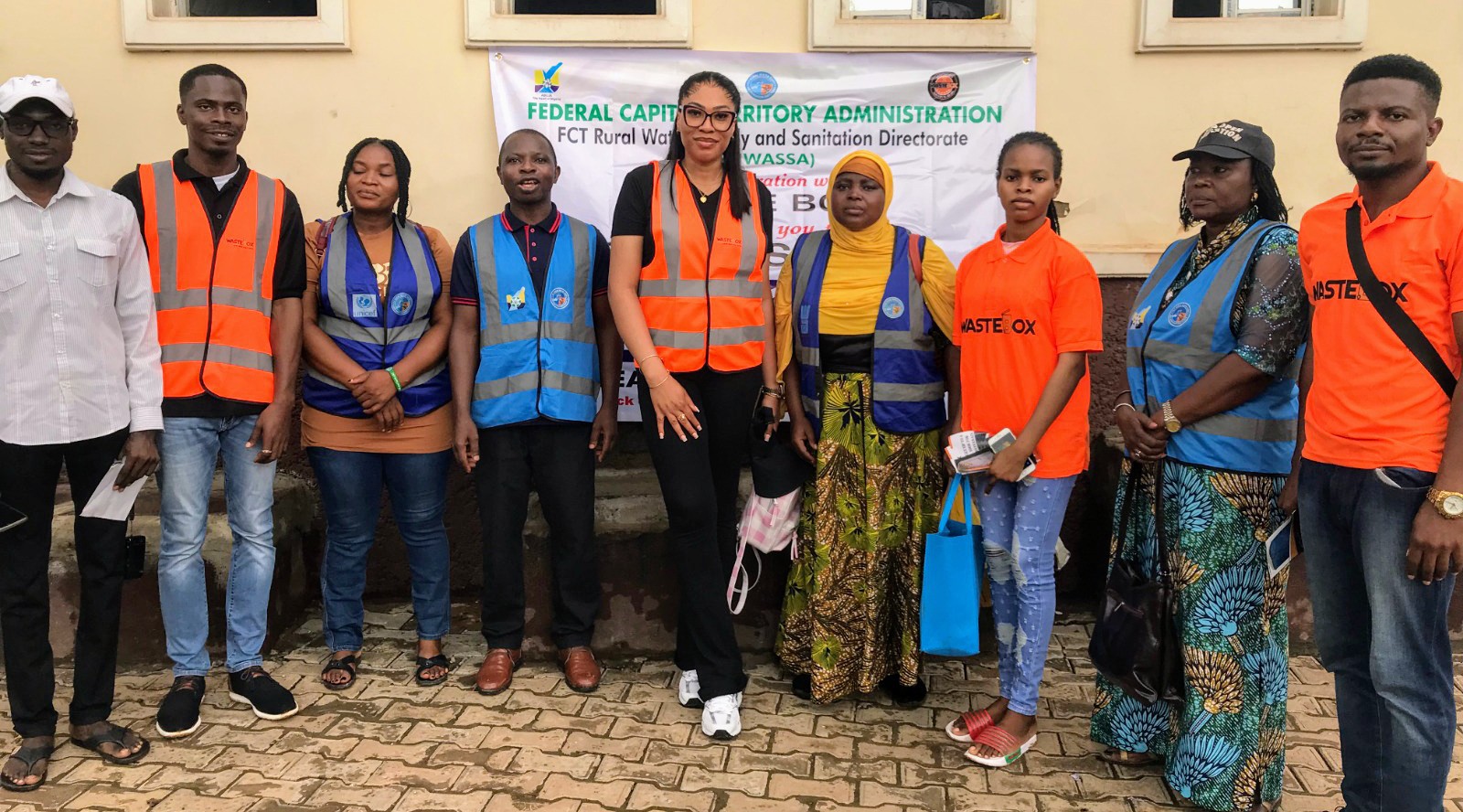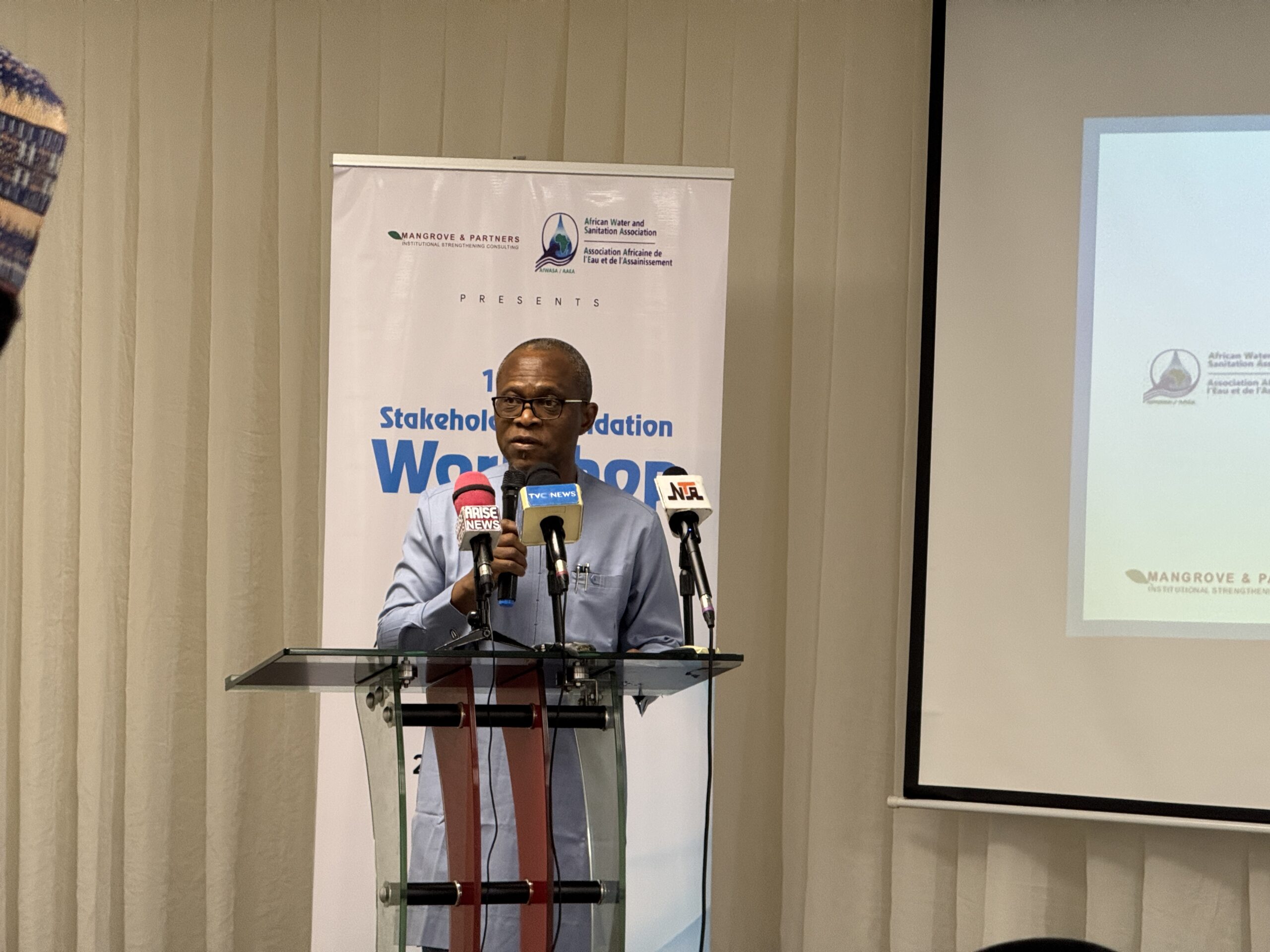RUWASSA, Wastebox campaign against open defecation hits Abuja streets, motorparks
By Philip Yatai The Federal Capital Territory Rural Water Supply and Sanitation Directorate (RUWASSA), in collaboration with Wastebox ltd, a waste management company, on Monday, took the campaign against Open Defecation to Abuja streets and motorparks. The campaign tagged, “Clean FCT: Use the Toilet” began from Area 1 temporaryContinue Reading















